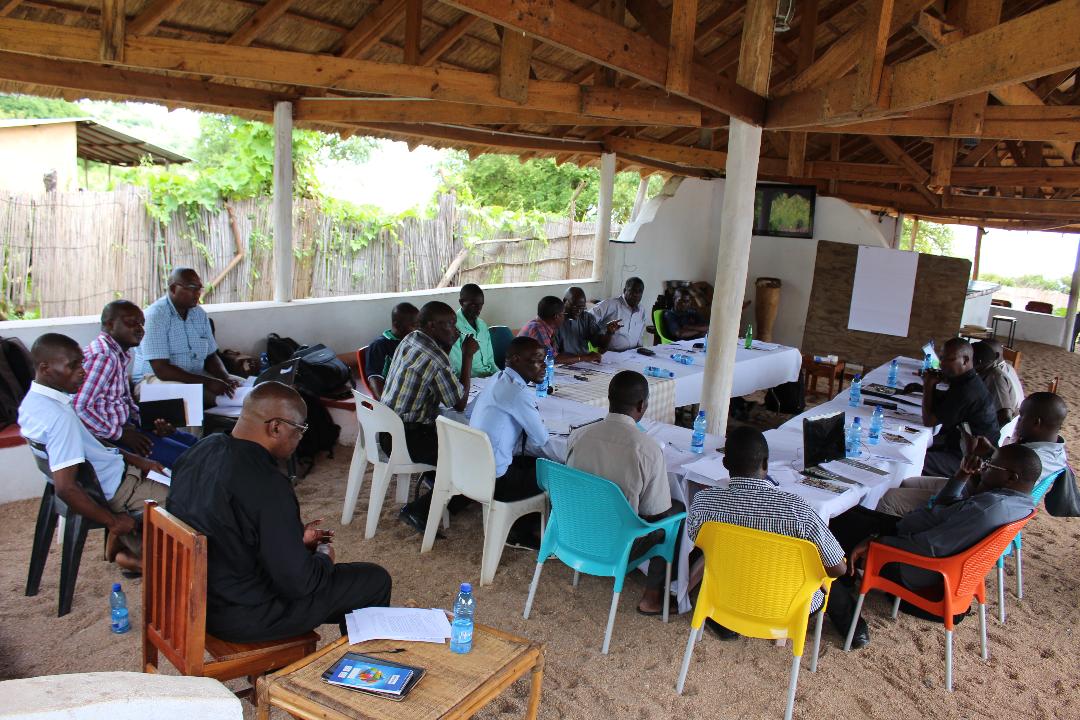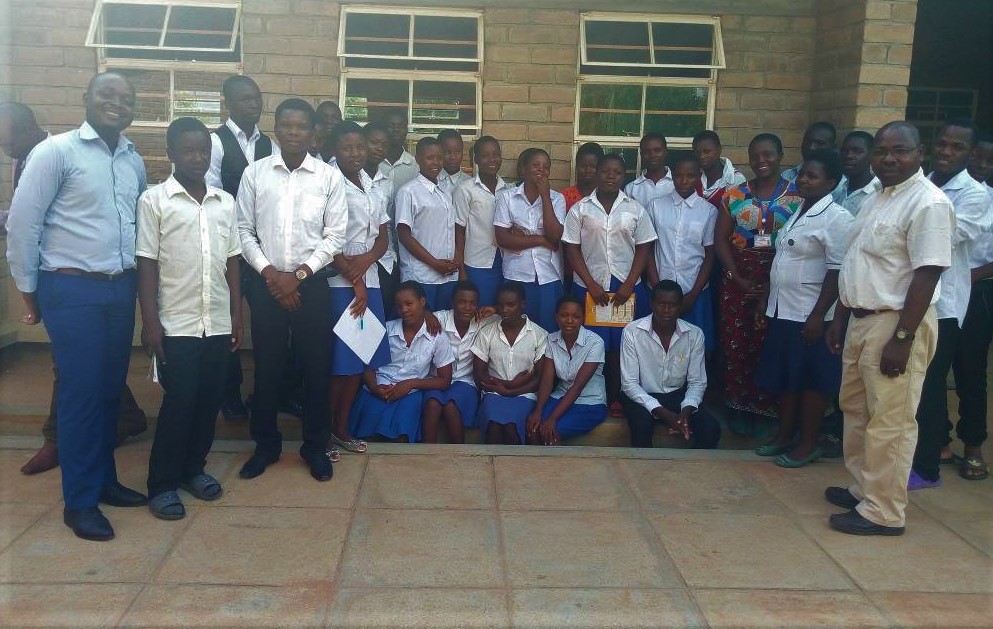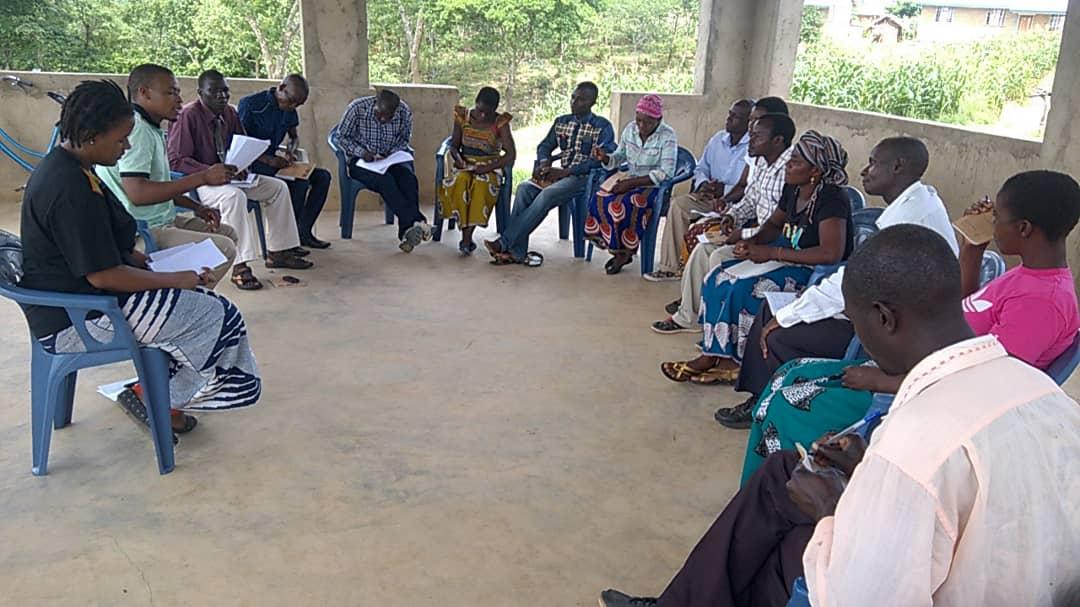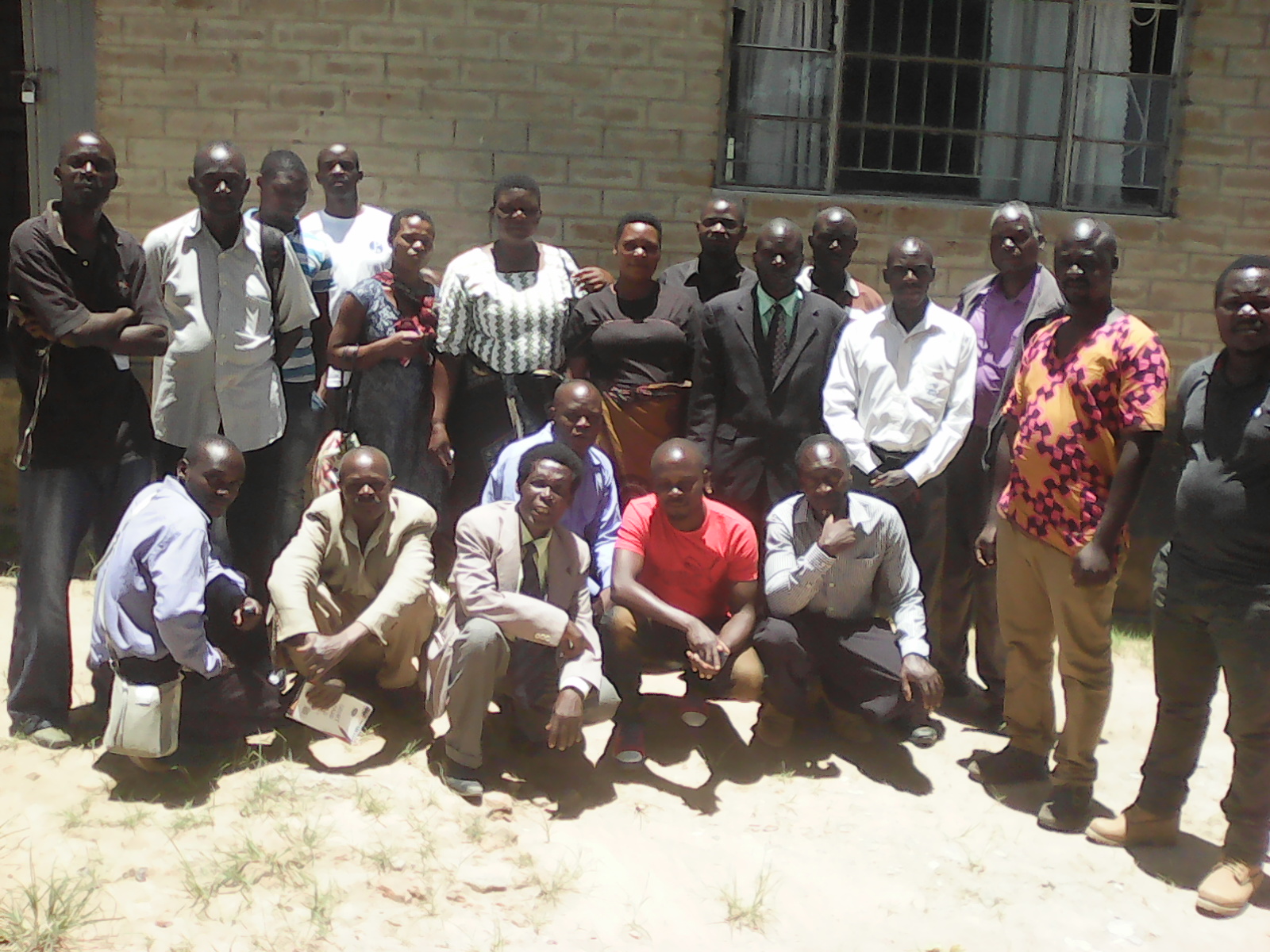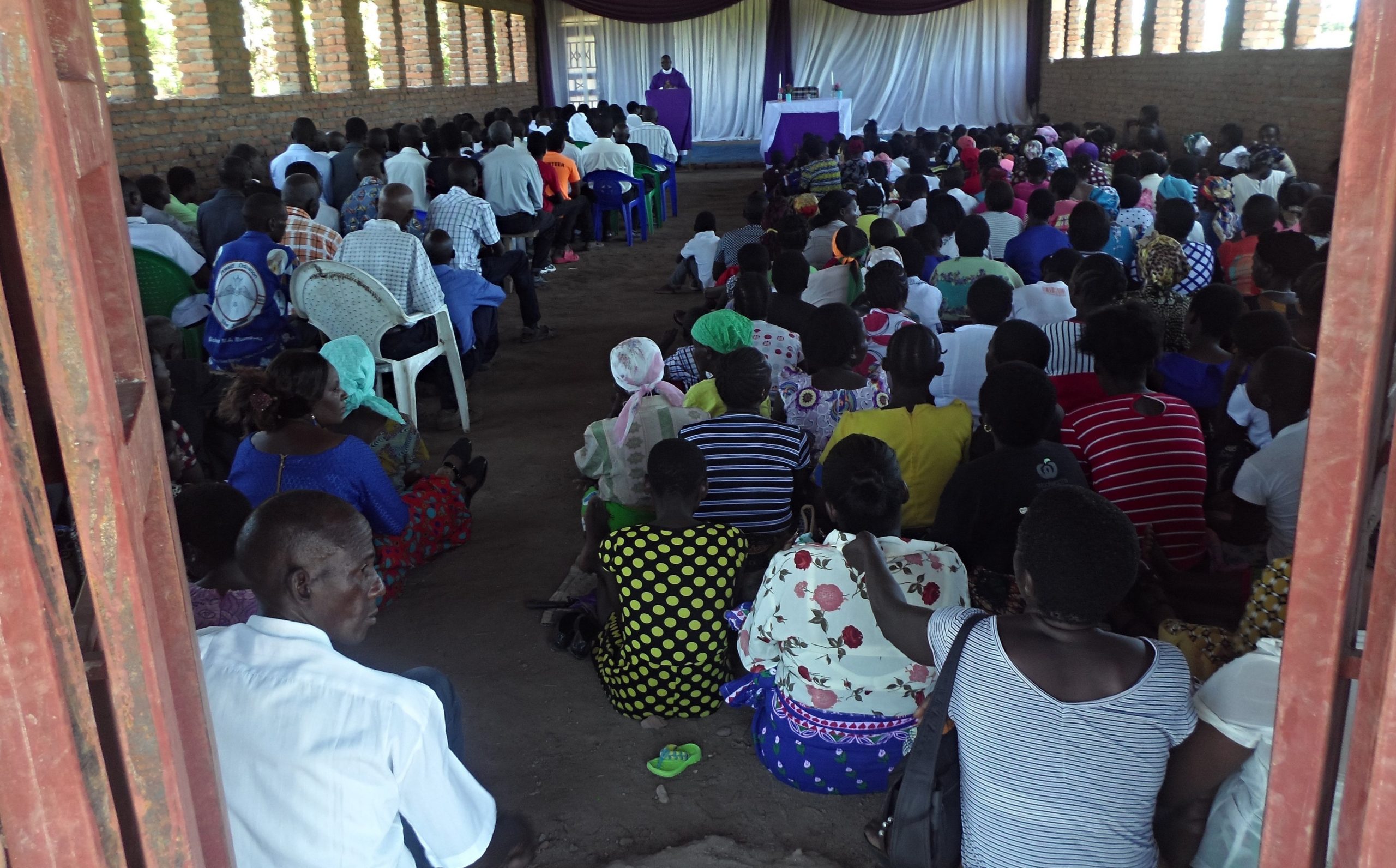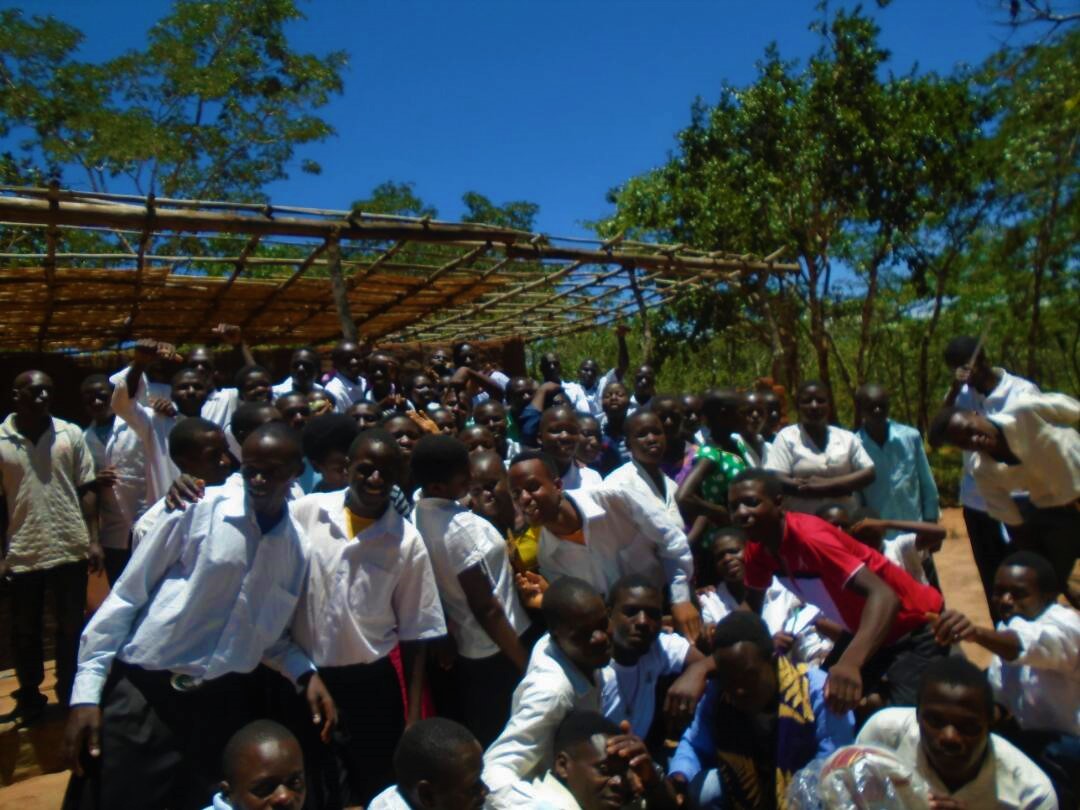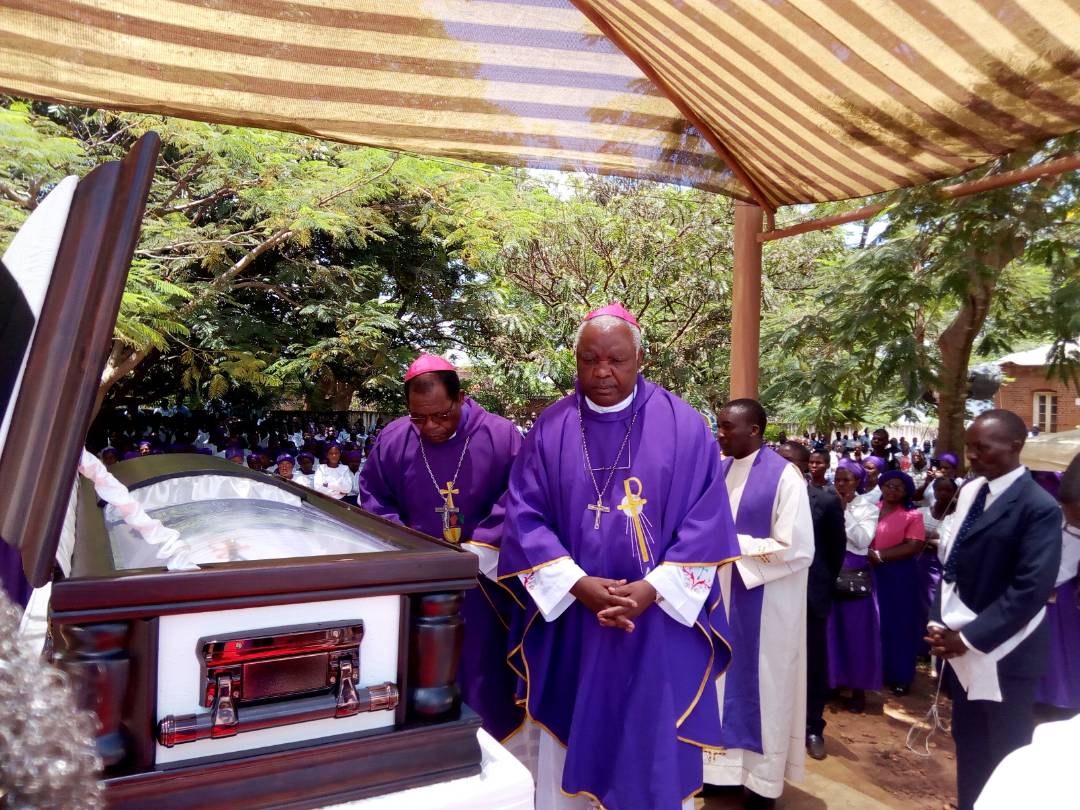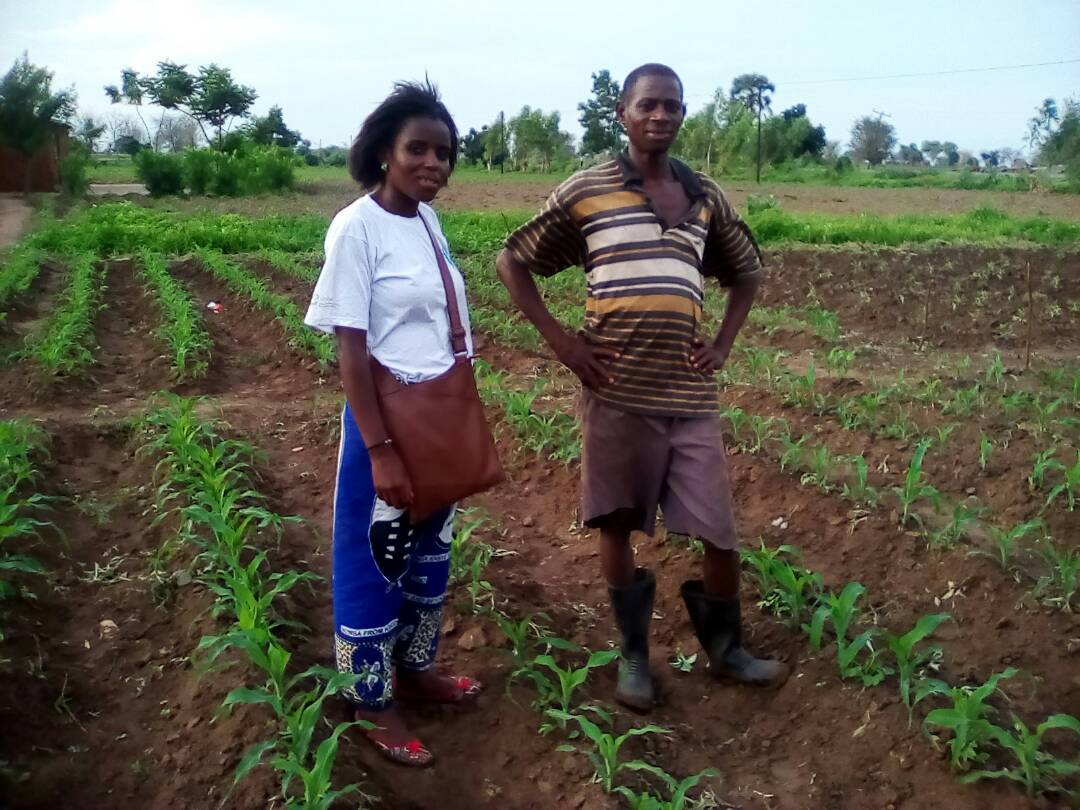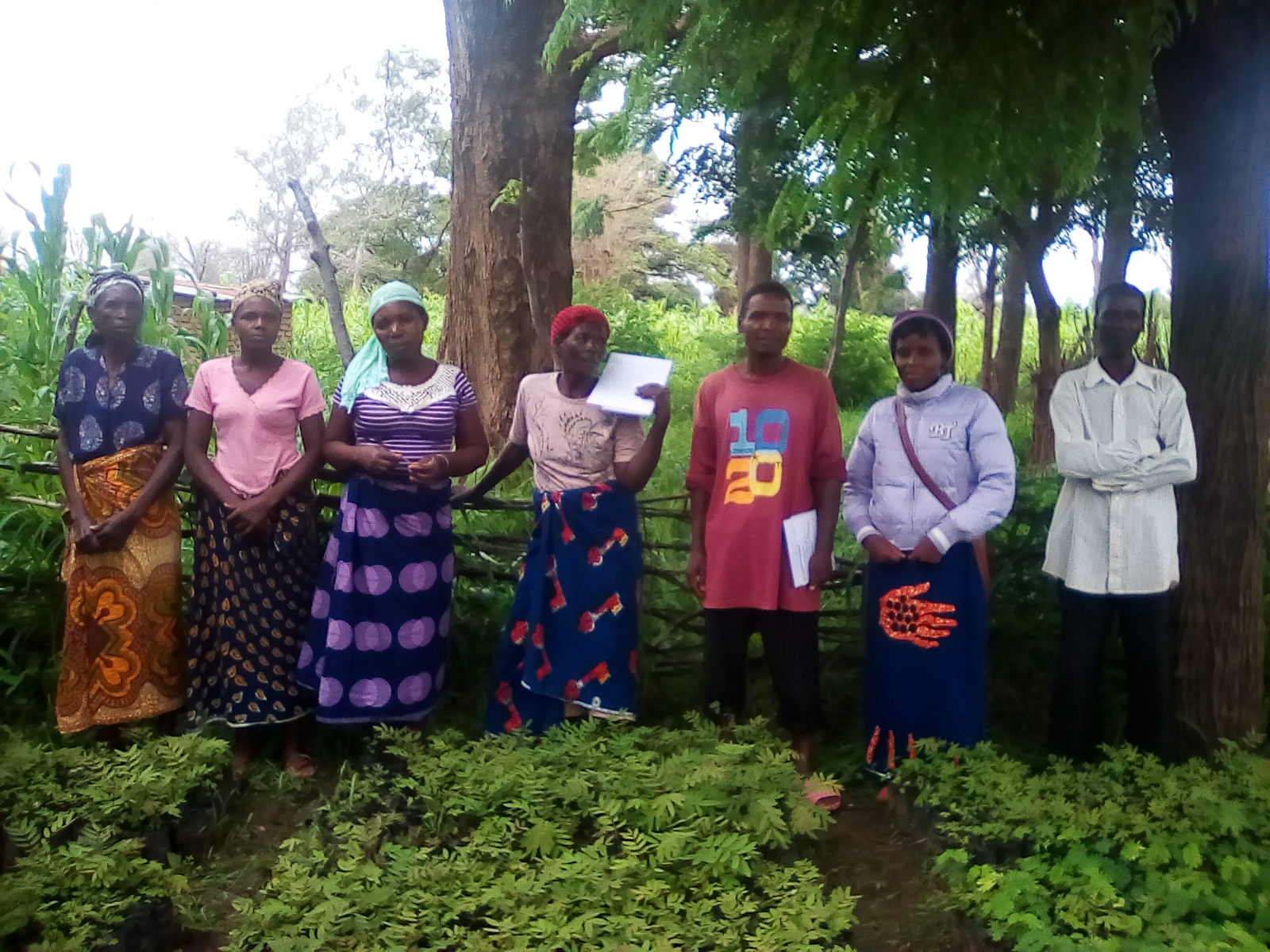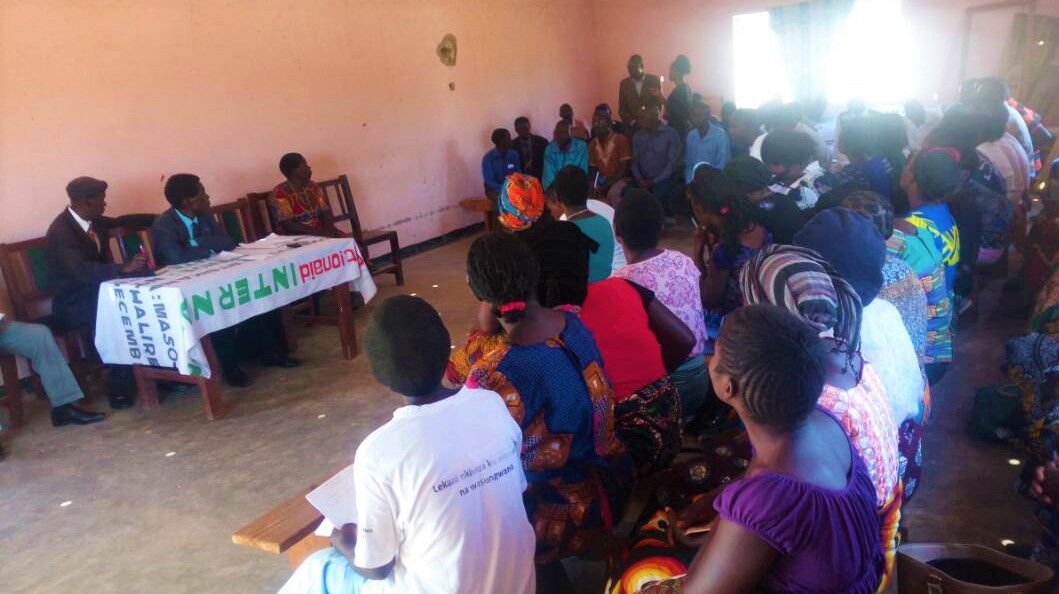Pastoral Commission Holds Review Meeting
By Moses Raymond Kamanga Two heads are better than one is an old adage but its relevance is ever new. Believing in this adage, the Pastoral Commission of the Diocese of Karonga has brought together all its key players in...
Read MoreSt Michael’s Parish Takes Moral Lessons to Kameme CDSS YCS
By Lonely Paul Mwandira (Methodology Advisor) With the funding from Coppel's Family, through Karonga Diocese, St Michael’s Parish engaged Kameme Community Day Secondary School in a move to shape the future of young girls and boys. The lessons intensively engaged...
Read MoreJustice and Peace Desk Set to Empower Communities in Extractive Governance
By Norbert Mzembe Based on the fact that Karonga District is rich in natural resources like mineral deposits cannot be overemphasized, the Justice and Peace Desk of Catholic Diocese of Karonga is geared to implement a three year Proactive Extractive...
Read MoreNthalire Community Calls For an Ambulance
By Bishop Witmos (Contributor) Inadequate ambulances at Chitipa District Hospital is said to have slowed down access to health service by communities in the remotest area of Nthalire in Chitipa South. This was said during an interface meeting in Nthalire...
Read MoreFirst Eucharistic Celebration at St Teresa of Calcutta Prayer Centre
By Benjamin Msowoya On Sunday, 18 February 2018, the Parish Priest of St Mary’s, Fr. Joseph Sikwese, presided over the first Eucharistic Celebration at the newly established sub-station of St Teresa of Calcutta in St Mary’s Parish. This was done...
Read MoreSt John Paul II Parish Youth Urged to Desist from Violence
By Brian Kachitete (Methodology Advisor) The Diocesan Youth Chaplain for Karonga Diocese, Father Robert Songa, has called on Catholic youths of St John Paul II Parish to desist from being used as instruments of violence to victimise vulnerable people. [caption...
Read MoreBishop Mtumbuka Describes the Death of Bishop Kanyama as a Great Loss
By Ephraim Nyirenda Catholics and people of goodwill from all walks of life gathered at Likuni Parish on Tuesday to pray for the repose of the soul of Bishop Emmanuel Kanyama of Dedza Diocese who passed on Friday, 16 February...
Read MoreThe Development Desk Increases Awareness among Small Scale Farmers in Integrated Pest Management (IPM)
By Franklin Msiska The Development Desk joined the fight against fall army worms and grasshoppers by promoting awareness amongst smallholder farmers in integrated pest management (IPM). The Desk in January used Radio Tuntufye and some of its 94 demonstration plots...
Read MoreCommunities in Chitipa and Karonga Districts Embark on Afforestation Activities
By Franklin Msiska Communities targeted under Integrated Rural Development Project in Lupembe, Kapoka and Chisenga start planting trees in order to mitigate against the effects of climate change. The project is expected to assist the targeted communities and primary schools’...
Read MoreJustice and Peace Desk Empowers Women to Defend Their Rights
By Violet Maluwa- Tfm reporter As one way of taking an active role in defending their rights, women from Nthalire invited traditional and community leaders to an interface meeting to demand their right of access to development assets. This comes...
Read More
